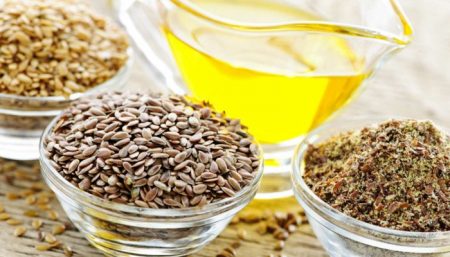The combination of the two types of depression (both prenatal and postpartum) is known as perinatal depression.

A depressed pregnant woman may not have the will to take care of herself and her unborn baby. She may not eat properly. She may drink or smoke or engage in life-threatening behavior. As a result, her baby could be born with developmental problems.According to psychologists, babies are profoundly sensitive to their mother’s facial expressions. The unresponsiveness of a depressive mother who cannot mirror her baby can lead to the development of a depressive child. Around one in 7 new mothers and 1 in 10 new fathers are diagnosed with postnatal depression and many of them are reluctant to seek help.
A study on, Impact of Maternal Stress, Depression & Anxiety on Fetal Neurobehavioral Development, has clearly indicated the effect of women’s antenatal psychological distress on fetal behavior and child development, and the biological pathways for this influence. These studies are in line with the growing body of literature supporting the “fetal origins hypothesis” that prenatal environmental exposures — including maternal psychological state–based alterations in utero physiology — can have sustained effects across the lifespan.
| Statistics from the American Congress of Obstetricians and Gynecologists suggest that between 14 and 23 percent of women suffer from some form of depression during pregnancy. |
Factors Responsible for Depression
The prenatal period is a critical time for neuro-development and is thus a period of vulnerability during which a range of exposures have been found to exert long-term changes on brain development and behavior with implications for physical and psychiatric health. There also is evidence for the interaction between these types of prenatal exposures and maternal psycho-social health.

- Maternal consumption of Essential Fatty Acids during pregnancy is linked to lower birth weight and decrements in cognitive and motor function,
- Fetal exposure to PCBs and methylmercury, via seafood in women’s diet, is linked to neurocognitive deficits.
- Risk of developmental delay in children exposed prenatally to tobacco smoke has been found to be much greater among those infants whose mothers also experienced material hardship during pregnancy
- Deficiency in many micro– and macronutrients, such as folate.
- Overall calorie nutrition could directly alter brain development
- Maternal stress, secondary to famine, could have neurotoxic effects on brain regions relevant to mental illness. Anxiety at 12 to 22 weeks post-menstrual age turned out to be a significant independent predictor whereas anxiety at 32 to 40 weeks was not. It has been proved that, fetuses of depressed mothers showed a significantly higher increase in FHR (Fetal Heart Rate) when the mother was introduced to a lab-induced stressor.
Fetal activity, sleep pattern and movement have been shown to be influenced by maternal psychological states.
Symptoms of Perinatal Depression
Because they share symptoms, signs of depression such as tiredness, insomnia, emotional changes, and weight gain are often masked by the pregnancy itself.
Symptoms to watch for include:
- Frequent crying or weepiness
- Trouble sleeping not related to frequent urination
- Fatigue or low energy
- Changes in appetite
- Loss of enjoyment in once pleasurable activities
- Increased anxiety
- Poor fetal attachment
Treatment Options
Treatments for perinatal depression are the same as with other forms of depression and the success rates are typically much higher—between 80 and 90 percent of women are helped by,

- Medications: Antidepressant drugs—especially selective serotonin reuptake inhibitors (SSRIs)—are the most common treatment for perinatal depression both during pregnancy and after the delivery of a child.
- Interpersonal Cognitive Behavioral or Psychotherapy. This approach may include interpersonal therapy, which focuses on reducing strain in relationships, and cognitive-behavioral therapy, which identifies pessimistic thoughts and beliefs and works to change them.
- A combination of drug and talk therapy.
- Massage and Acupuncture have shown great promise in the treatment of perinatal forms of depression. A recent Stanford University study found that women who received a depression-specific form of acupuncture (the placement of small needles in the body at specific locations) had a 63 percent response rate to the treatment.
- Exercise helps ease depression by releasing neurotransmitters and endorphins in the brain, which elevates mood. It reduces immune system chemicals that can worsen depression and increases body temperature, which has a calming effect.
- Support groups have been proven to reduce symptoms and improve self-esteem in people suffering from depression. There are depression support groups everywhere, including online, and it is important to find one that the patient is comfortable participating in.
The support & understanding of family members and friends, might be enough to manage a woman’s depression during her pregnancy. They should be the first choice of action for women who have been diagnosed with mild or moderate depression.
Reference:
Disclaimer
The Content is not intended to be a substitute for professional medical advice, diagnosis, or treatment. Always seek the advice of your physician or other qualified health provider with any questions you may have regarding a medical condition.



